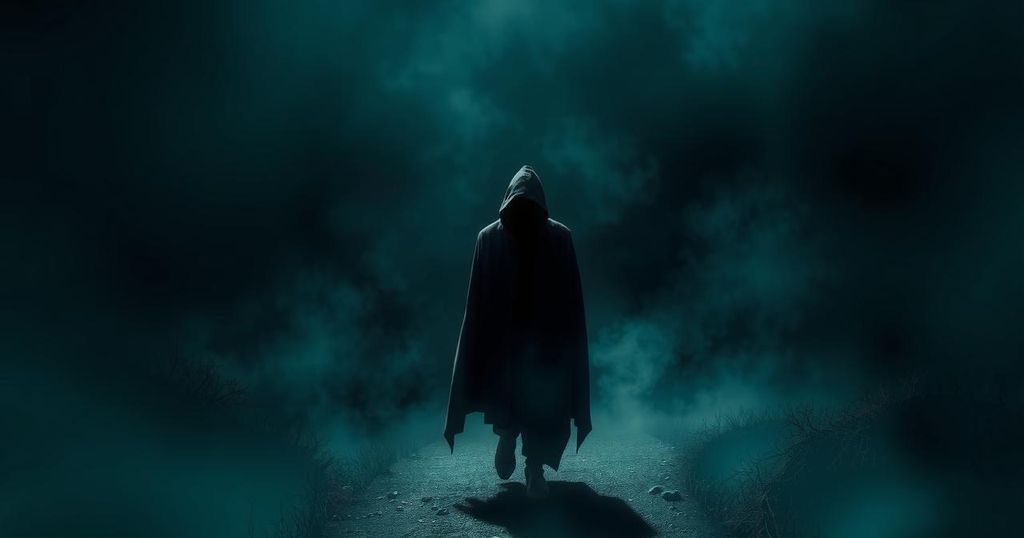Ne Zha 2: A Phenomenon in Chinese Cinema and Global Box Office History

“Ne Zha 2,” an animated film by Yang Yu, has become China’s highest-grossing animated feature, achieving 14.7 billion yuan at the box office. Released over the lunar new year, the film reflects societal themes of self-determination and resonates with audiences against a backdrop of economic challenges. Despite its domestic success, its potential performance overseas is uncertain due to cultural contextualization.
In recent years, the Chinese box office has seen significant shifts in its heroes—from brave army commanders to strong female boxers. As of 2025, the spotlight has turned to an animated film character, Ne Zha, a demon child whose story resonates deeply, breaking numerous global box office records.
Directed by Yang Yu, “Ne Zha 2” expertly intertwines Chinese mythology, depicting Ne Zha’s journey as he seeks a rare elixir to heal the dragon prince Ao Bing. With stunning graphics and intense battle sequences, the film has captivated millions during its release over the lunar new year holiday, amassing an astounding 14.7 billion yuan (£1.6 billion) and establishing itself as the highest-grossing animated feature worldwide, eclipsing Pixar’s “Inside Out 2.”
This film represents a notable departure from the patriotic narratives that have dominated Chinese cinema in recent years, such as “The Battle at Lake Changjin” and “Wolf Warrior 2”. Yu Yaqin, a film critic, suggests that while audiences still appreciate patriotism, they are also drawn to the relatable themes of Ne Zha that reflect contemporary societal issues.
In light of rising unemployment and an economy facing challenges, the film’s narrative about challenging injustice may resonate with audiences seeking empowerment. A profound moment occurs when Ne Zha asserts, “My fate is controlled by myself, not by God,” reflecting a widespread sentiment among viewers navigating personal and economic hardships.
Moreover, some interpretations suggest underlying anti-American themes, particularly evident in scenes where Ne Zha encounters the antagonist’s jade palace. The timing of the film’s release during the lunar new year holiday significantly contributed to its success, as families traditionally flock to cinemas during this period.
The movie has also inspired various promotional endeavors across China, from businesses sponsoring ticket purchases for employees to themed cocktails in bars. Yu notes that the virality of the film has spurred local governments to associate themselves with its success, highlighting the cultural impact of Ne Zha 2.
However, the film’s potential for overseas success remains uncertain. Its reliance on cultural narratives and prior knowledge of the original “Ne Zha” film may limit its appeal outside China. Despite these challenges, the upcoming UK release on March 21 is poised to take place, although many observe that China’s cultural narrative appears to have crystallized, centering on its national destiny and self-sufficiency, independent of Western influences.
In summary, “Ne Zha 2” has emerged as a groundbreaking success within the Chinese film industry, shattering box office records both domestically and globally. Its captivating blend of cultural mythos, compelling storytelling, and contemporary societal themes has resonated profoundly with viewers. While its international appeal is uncertain, the film signifies a cultural milestone for China, reinforcing themes of self-determination and communal identity.
Original Source: www.theguardian.com






